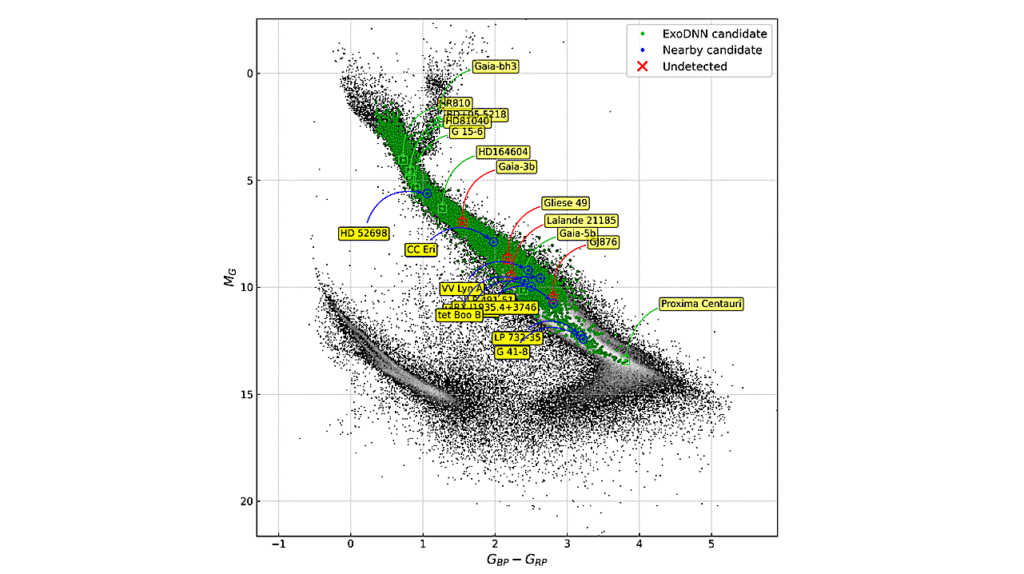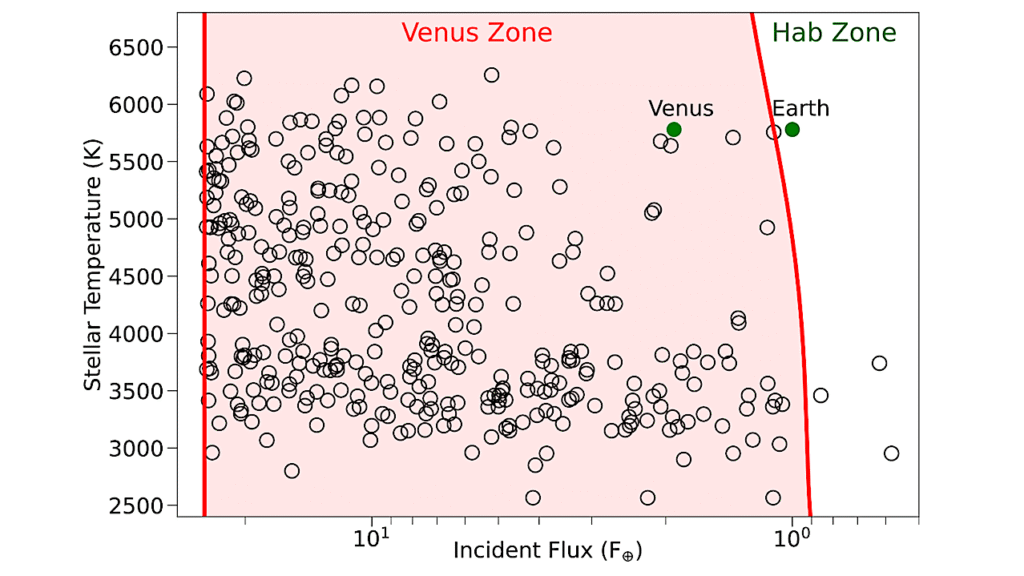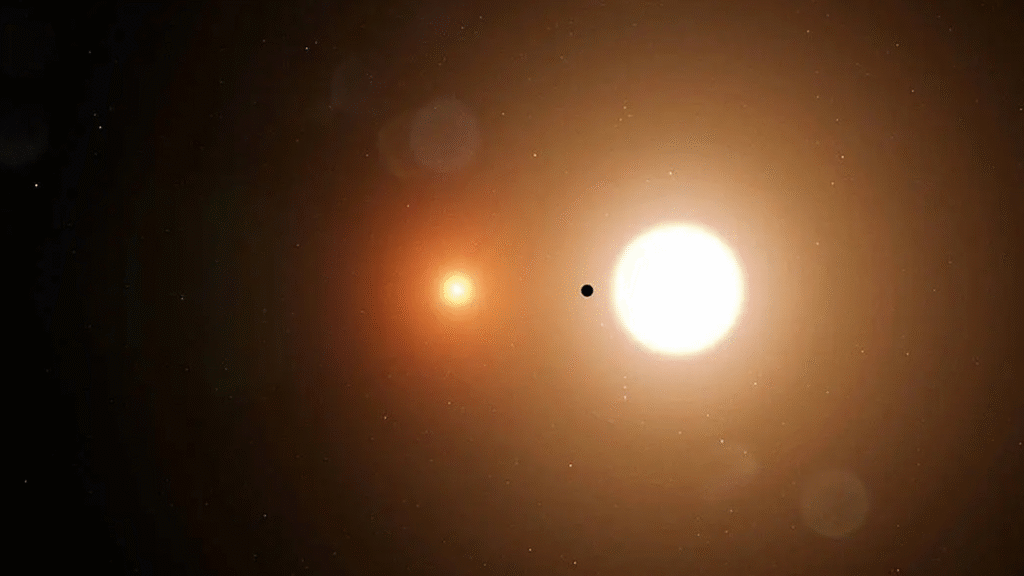The Impact Of Ozone On Earth-like Exoplanet Climate Dynamics: The Case Of Proxima Centauri b

The emergence of the James Webb Space Telescope and the development of other advanced observatories (e.g., ELTs, LIFE and HWO) marks a pivotal moment in the quest to characterize the atmospheres of Earth-like exoplanets.
Motivated by these advancements, we conduct theoretical explorations of exoplanetary atmospheres, focusing on refining our understanding of planetary climate and habitability. Our study investigates the impact of ozone on the atmosphere of Proxima Centauri b in a synchronous orbit, utilizing coupled climate chemistry model simulations and dynamical systems theory. The latter quantifies compound dynamical metrics in phase space through the inverse of co-persistence (θ) and co-dimension (d), of which low values correspond to stable atmospheric states.

Same as top figure but for Wind Speed (WS).– astro-ph.EP
Initially, we scrutinized the influence of ozone on temperature and wind speed. Including interactive ozone (i.e., coupled atmospheric (photo)chemistry) reduces the hemispheric difference in temperature from 68 K to 64 K, increases (∼+7 K) atmospheric temperature at an altitude range of ∼20-50 km, and increases variability in the compound dynamics of temperature and wind speed. Moreover, with interactive ozone, wind speed during highly temporally stable states is weaker than for unstable ones, and ozone transport to the nightside gyres during unstable states is enhanced compared to stable ones (∼+800 DU).
We conclude that including interactive ozone significantly influences Earth-like exoplanets’ chemistry and climate dynamics. This study establishes a novel pathway for comprehending the influence of photochemical species on the climate dynamics of potentially habitable Earth-like exoplanets. We envisage an extension of this framework to other exoplanets.

Climatology for key variables in the Chemistry and No-chemistry model simulations. (a-b) Temperature (T in °K). (c-d) Wind speed (WS in m s−1 ). (e) Ozone column density (OzCol in DU). (f) Ozone fraction (OzFr in kg kg−1 ). Median composites were computed over the 30 years for Chemistry (a, c, e, f) and No-Chemistry (b, d) simulations. Climatology of (a-d, f) was computed from the ~22km level, whereas for (e) from the surface level. In (e) we mark the geographical regions used with rectangles: northern gyre (Lon 146.25°, -93.25°, Lat 39°, 83°); southern gyre (Lon 146.25°, -93.25°, Lat -39°, -83°); equatorial western terminator (Lon -105°, -75°, Lat -15°, 15°); and equatorial eastern terminator (Lon 75°, 105°, Lat -15°, 15°). — astro-ph.EP
Paolo De Luca, Marrick Braam, Thaddeus D. Komacek, Assaf Hochman
Comments: 28 pages, 7 figures, re-submitted to MNRAS
Subjects: Earth and Planetary Astrophysics (astro-ph.EP); Atmospheric and Oceanic Physics (physics.ao-ph)
Cite as: arXiv:2404.17972 [astro-ph.EP] (or arXiv:2404.17972v1 [astro-ph.EP] for this version)
Submission history
From: Thaddeus Komacek
[v1] Sat, 27 Apr 2024 18:24:29 UTC (2,267 KB)
https://arxiv.org/abs/2404.17972
Astrobiology








